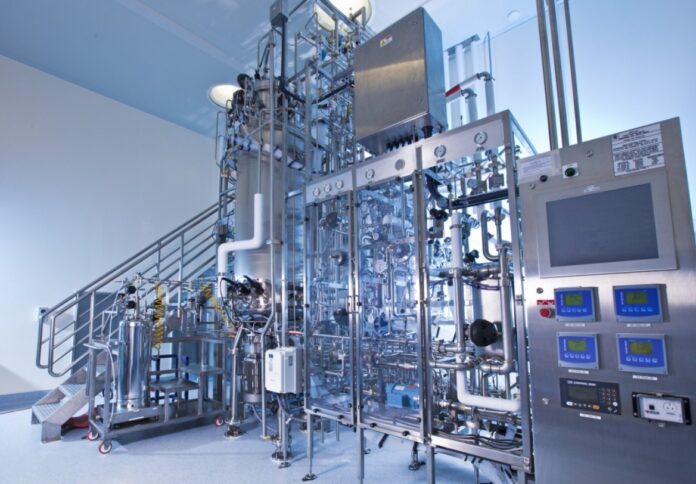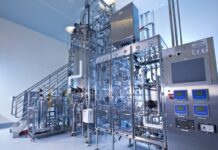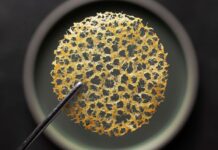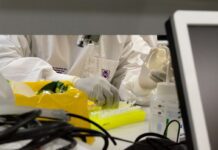
Australian contract development and manufacturing organisation (CDMO) BioCina has received an AUD 5 million grant under the Federal Government’s Medical Research Future Fund (MRFF) Grants scheme to develop enabling technologies for the manufacture of precision mRNA vaccines.
The National Health and Medical Research Council (NHMRC) of the Australian Government has awarded the grant, which will be matched by the South Australian Government.
The grant’s goal is to support a five-year collaborative project with a total value of more than AUD 10 million, in collaboration with industry and academic partners, Cytiva and the University of Adelaide.
The research, which is set to commence soon, will assist BioCina in meeting the post-pandemic mRNA demand for particular and crucial characteristics of novel tailored RNA products.
To date, Australia lacks a domestic mRNA product manufacturing facility operating under approved pharmaceutical GMP.
Thus, the MRFF award advances discovery research in microfluidic chip parallel manufacture of mRNA-based therapeutic vaccines with world-class specialists from the University of Adelaide as well as develops connections between commercial lead BioCina and industry partner Cytiva.
The results of this grant will expand BioCina’s GMP facility’s mRNA synthesis and analytical capabilities to all clinical phases and commercial supply, the company said.
The end product will also bring new automated microfluidics technology to market for the production of therapeutic mRNA vaccines, closing a sizable technology gap in the market for customised mRNA vaccines.
“I’m very proud that BioCina has earned this MRFF grant. This funding, along with additional financial support from the South Australian Government, aims to deliver two complementary outcomes,” said BioCina CEO Mark Womack.
The first outcome is a boost to BioCina’s mRNA manufacturing and related analytical capabilities, and the second result is a microfluidics-based system for parallel manufacture at the small scales required for the market for customised therapeutic vaccines.
BioCina Executive Chairman and Founder, Ian Wisenberg added, “This project increases capacity to produce mRNA-LNP at the BioCina site, as well as add end-to-end capacity to manufacture mRNA products.
Wisenberg noted that BioCina can serve a larger portion of the global market to its expanded manufacturing capabilities, which also guarantees Australia’s ability to produce onshore mRNA vaccines at a population scale.
Professor Anton Middelberg, the university’s deputy vice-chancellor, said the objective of the initiative is to quickly introduce a top-notch, world-class manufacturing solution for customised mRNA-LNP medicines that can serve both Australian and foreign businesses.

















